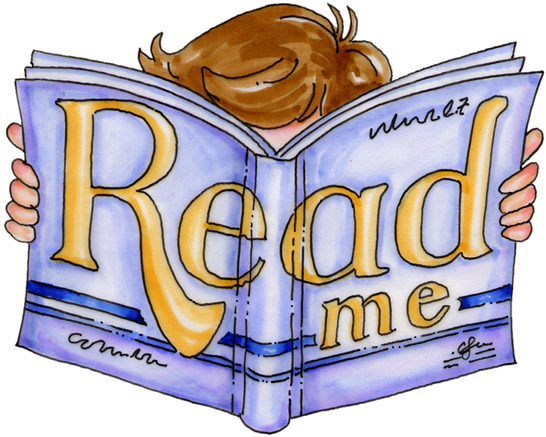
23 April: a symbolic date for world literature for on this date and in the same year of 1616, Cervantes, Shakespeare and Inca Garcilaso de la Vega all died. It is also the date of birth or death of other prominent authors such as Maurice Druon, K.Laxness, Vladimir Nabokov, Josep Pla and Manuel Mejía Vallejo. It was a natural choice for UNESCO's General Conference to pay a world-wide tribute to books and authors on this date, encouraging everyone, and in particular young people, to discover the pleasure of reading and gain a renewed respect for the irreplaceable contributions of those who have furthered the social and cultural progress of humanity.
The idea for this celebration originated in Catalonia where on 23 April, Saint George's Day, a rose is traditionally given as a gift for each book sold. The success of the World Book and Copyright Day will depend primarily on the support received from all parties concerned (authors, publishers, teachers, librarians, public and private institutions, humanitarian NGOs and the mass media), who have been mobilized in each country by UNESCO National Commissions, UNESCO Clubs, Centres and Associations, Associated Schools and Libraries, and by all those who feel motivated to work together in this world celebration of books and authors.
The idea for this celebration originated in Catalonia where on 23 April, Saint George's Day, a rose is traditionally given as a gift for each book sold. The success of the World Book and Copyright Day will depend primarily on the support received from all parties concerned (authors, publishers, teachers, librarians, public and private institutions, humanitarian NGOs and the mass media), who have been mobilized in each country by UNESCO National Commissions, UNESCO Clubs, Centres and Associations, Associated Schools and Libraries, and by all those who feel motivated to work together in this world celebration of books and authors.



